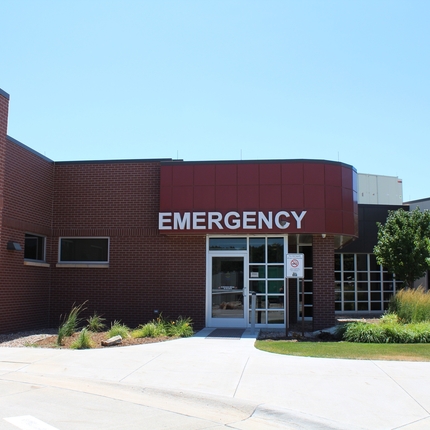By Johnathan Hladik, former policy director
March marks the six year anniversary of the Affordable Care Act being signed into law.
The uninsured rate is now at 11.9%, the lowest ever recorded. Approximately 17 million more Americans have health insurance today than before the law was passed. Hospitals across the nation have saved tens of billions of dollars on uncompensated care.
Despite this progress, over 5 million Americans remain uncovered. They are unable to access health insurance because they fall into the “coverage gap.” These are individuals who make too much income to qualify for Medicaid, but too little to be eligible for the tax credits that make private health insurance affordable.
Over 70% of this group has at least one full-time worker in their family; an additional 12% of households include at least one individual employed part-time. More than 80% live in a home with income below the Federal Poverty Level. Nearly one-third of these households carry medical debt, the primary cause of bankruptcy in the United States.
The last statistic is the most alarming: 100% of those stuck in the “assistance gap” live in one of 18 states. That is because the other 32 states and the District of Columbia have expanded Medicaid. The rest have not.
The majority of states that have expanded access to health care have adopted programs modeled from the Affordable Care Act. Six states, however, took a different path.
Instead of looking to federal law, they opted instead to create their own program, tailoring design to meet the unique needs of their population. Traditionally conservative states such as Indiana, Alaska, and Montana all chose this option in 2015. Louisiana will join them in 2016.
More states are on the way. Wyoming governor Matt Mead has included Medicaid expansion as part of his fiscal year 2017 budget proposal. Virginia governor Terry McAuliffe has done the same. South Dakota governor Dennis Daugaard has announced his intent to join them.
Six years later, it is clear the Affordable Care Act has made a positive difference. But challenges remain. A minority of states have stubbornly chosen to leave hard-working residents without access to health care. Those elected leaders have sacrificed the health of their constituents in pursuit of individual political goals.
You have a role to play. Legislation is under consideration in each of the 18 states that have yet to expand access to health care. If you live in one of those states, take this opportunity to tell your representative where you stand. Let’s work together to make the “coverage gap” a thing of the past.




